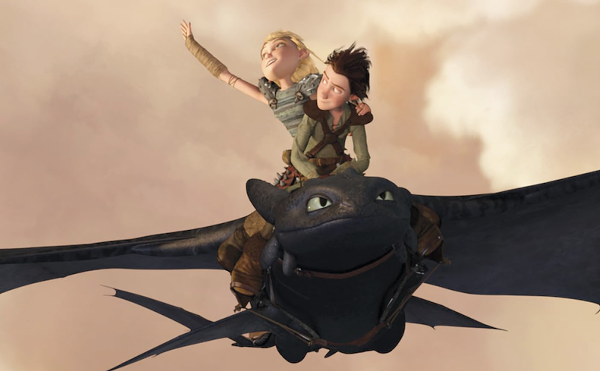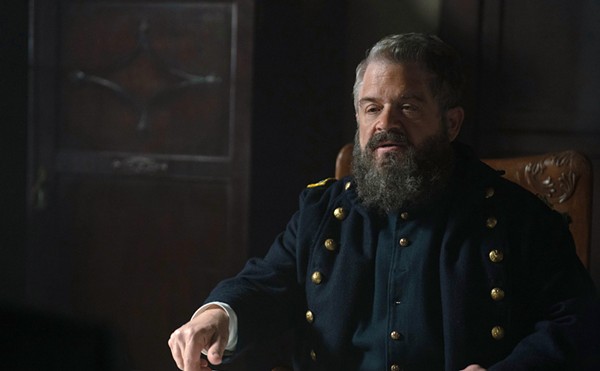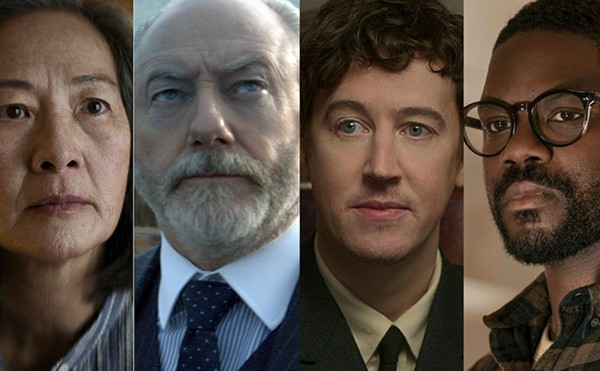When the CIA intervenes to protect the lives of two young actors prior to their big-screen debut, you know you’re not dealing with your typical film. Such was the case — as recently reported by NPR and The New York Times — with the cinematic adaptation of Khaled Hosseini’s best-seller The Kite Runner.
Readers will recognize the scene at the center of the controversy as the one which opens the novel, the crux of the entire story. “I became what I am today at the age of twelve … crouching behind a crumbling, mud wall,” Hosseini writes, “peeking into the alley near the frozen creek.” In the film, there’s just enough to suggest what happens next, the rape of one boy (Hassan) at the hands of a soon-to-be Taliban leader as witnessed by the other (Amir). But the suggestion was reportedly enough to provoke outrage in the Afghani community against the young actors themselves (Ahmad Khan Mahmidzada and Zekeria Ebrahimi). Enter the CIA to transplant the actors and their families.
While the film may challenge stigma in the Middle East, it may also, like the novel, challenge a few conceptions here in the U.S. Young Hassan and Amir, relishing in the wild-west bravado of The Magnificent Seven or riding all smiles in a speeding Mustang, could be any two boys anywhere. And as a whole city emerges on rooftops, hanging elbows over balcony rails and crowding into the streets to tip faces toward a luminous sky-full of kites, Kabul gains layers of depth and character overlooked by the nightly news.
Simple pleasures are quickly contrasted with the abuse of Hassan, the Russian invasion, and the escape of Amir and his father to the United States. As an adult, one phone call draws Amir back into his haunted past and back to Afghanistan in search of Hassan’s son. Khalid Abdalla plays the adult Amir with poignancy as Amir matures into a character finally able take a stand.
The trouble inherant in adapting such a beloved book to film lies in how exactly to cram the whole of an expansive, emotional story into roughly two hours. Once the cinematic heart of the story is established, director Marc Forster gets sidetracked by his efforts to include Amir’s lesser developments in the U.S. In the time it takes to recover the main narrative thread, the punch of the ending has lost a little of its muscle.
Though set in Kabul circa Russian control and the Taliban takeover, current events as well as the recent backlash over the rape scene itself can’t help but loom large in the wings of The Kite Runner, imbuing Hosseini’s story of guilt and redemption in the midst of strife with even greater gravity. So when Amir picks up the phone to hear an old friend say, “It’s time to make things good again,” he seems to be speaking to a wider audience than the just the boy in the alley. •
The Kite Runner
Dir. Marc Forster, writ. David Benioff, Khaled Hosseini (novel); feat. Khalid Abdalla, Atossa Leoni, Shaun Toub, Zekeria Ebrahimi, Ahmad Khan Mahmidzada (PG-13)















